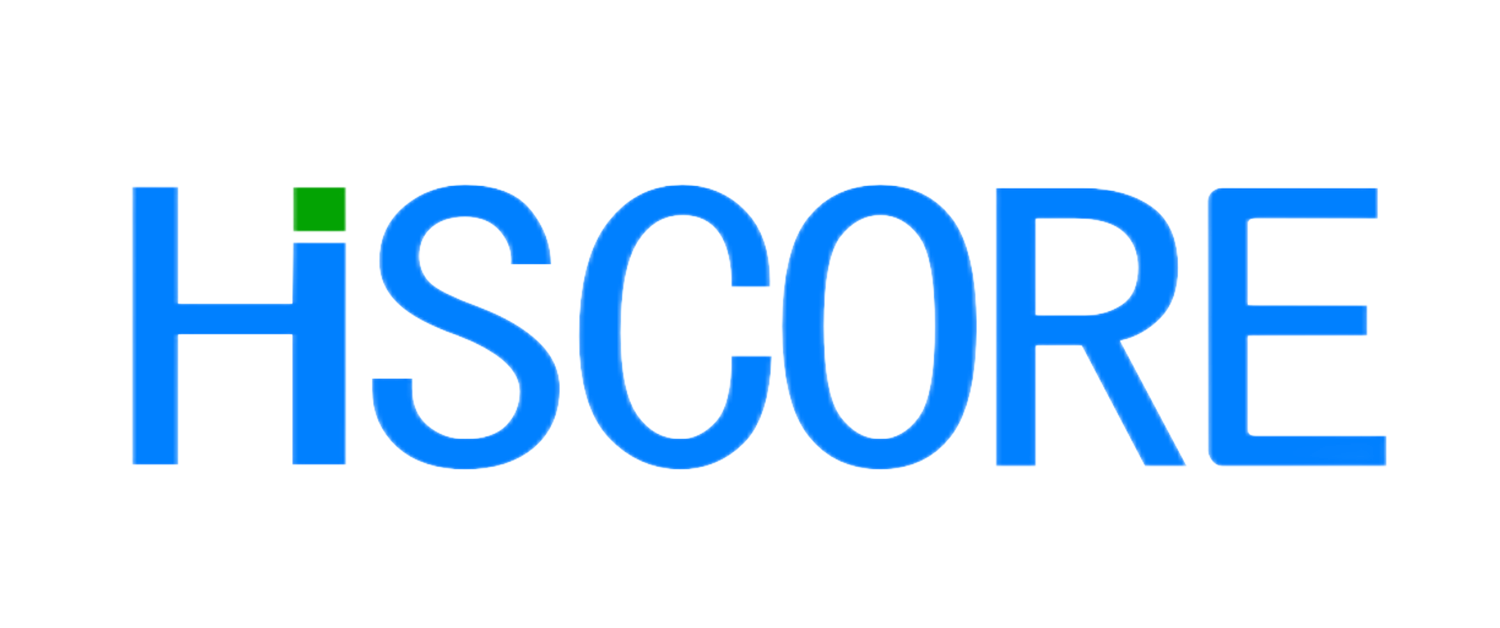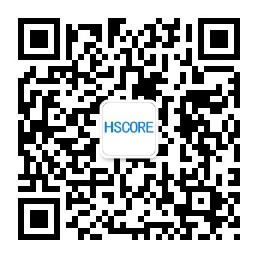


 當(dāng)前位置:首頁-支持與資源-無耗材細(xì)胞計數(shù)儀-Restoration of N-glycosylation via leucine-activated leucyl-tRNA synthetase 1 overcomes chemoresistance in intrahepatic cholangiocarcinoma
當(dāng)前位置:首頁-支持與資源-無耗材細(xì)胞計數(shù)儀-Restoration of N-glycosylation via leucine-activated leucyl-tRNA synthetase 1 overcomes chemoresistance in intrahepatic cholangiocarcinoma
發(fā)布時間:9/24/2025 9:27:53 AM瀏覽次數(shù):58
Authors: Haining Liu et al.
Journal: Journal of Hepatology(2025)
Research Areas:Tumor Pharmacology, Molecular Oncology, and Cancer Therapy
Cell Lines: The human ICC cell lines HuCCT1, RBE, HCCC-9810 and Huh28.
Summary: Intrahepatic cholangiocarcinoma (iCCA) is a highly lethal liver malignancy with poor response rates to chemotherapy. Although translational reprogramming is a recognised hallmark of treatment resistance, its role in iCCA remains unclear. This study aimed to investigate codon-biased translation in iCCA chemoresistance and explore potential therapeutic strategies.Proteomic data and tumour specimens were utilised to identify key proteins associated with prognosis in iCCA. Functional analyses and mechanistic studies were conducted using cell cultures, conditional knockout mouse models, and two hydrodynamic transfection iCCA models. N-glycoproteomics, polysome profiling, and ribosome-nascent chain sequencing (RNC-seq) were employed to uncover downstream translational effects. Leucine supplementation was used to activate leucyl-tRNA synthetase 1 (LARS1) to improve chemotherapy efficacy. In this study, researchers used the Halo Counter HD-4 Cell Counter (Hiscore Inc.) to accurately count the human ICC cell lines HuCCT1, RBE, HCCC-9810, and Huh28.This study uncovers a novel mechanism of LARS1-dependent codon-biased translation underlying iCCA chemoresistance. It further establishes leucine supplementation as a potential strategy to improve the efficacy of chemotherapy for iCCA.
Keywords: N-glycosylation; chemoresistance; leucine supplementation; leucyl-tRNA synthetase 1 (LARS1); selective translation.